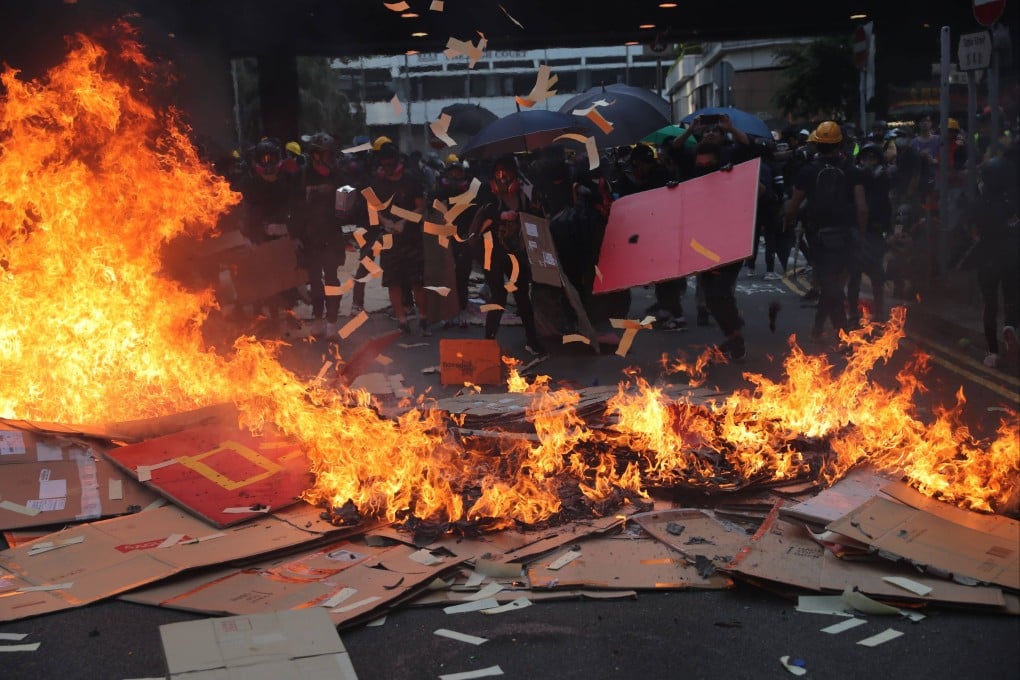My Take | If Hong Kong is to move on, it must reflect on the events of 2019
- Learning from the past will provide for a better future. And the tragic irony is that the issue that started the crisis remains unresolved

This month marks an anniversary Hong Kong might prefer to forget. Four years ago, the government proposed a surprise new extradition law allowing suspects from the city to be tried in mainland China.
The law was intended to be passed quickly, with no public consultation. The move sparked months of often violent anti-government protests and the bill was withdrawn. But it set in motion a dramatic chain of events that transformed the city.
Now, as Hong Kong seeks to rebuild its international reputation after the pandemic, it needs to tackle unresolved problems relating to the crisis.
The extradition bill was prompted by the murder of a young woman in Taiwan in 2018. Her boyfriend, Chan Tong-kai, is the prime suspect. He returned to Hong Kong but could not be tried in the city as the crime was committed elsewhere. There was no mechanism for him to be transferred for trial in Taiwan.
Chan, if guilty, would literally get away with murder. The victim’s mother, understandably, called for justice. She described her ordeal as like “having a hole in the heart”.
The government responded with the extradition bill, to be used on a case-by-case basis. But it was not limited to Taiwan and covered all places that had no extradition agreement with Hong Kong, including the mainland. This raised long-standing fears Hong Kong people would be sent for trial under the mainland’s legal system, without fair trial guarantees. Hundreds of thousands attended peaceful protests that later morphed into civil unrest.
